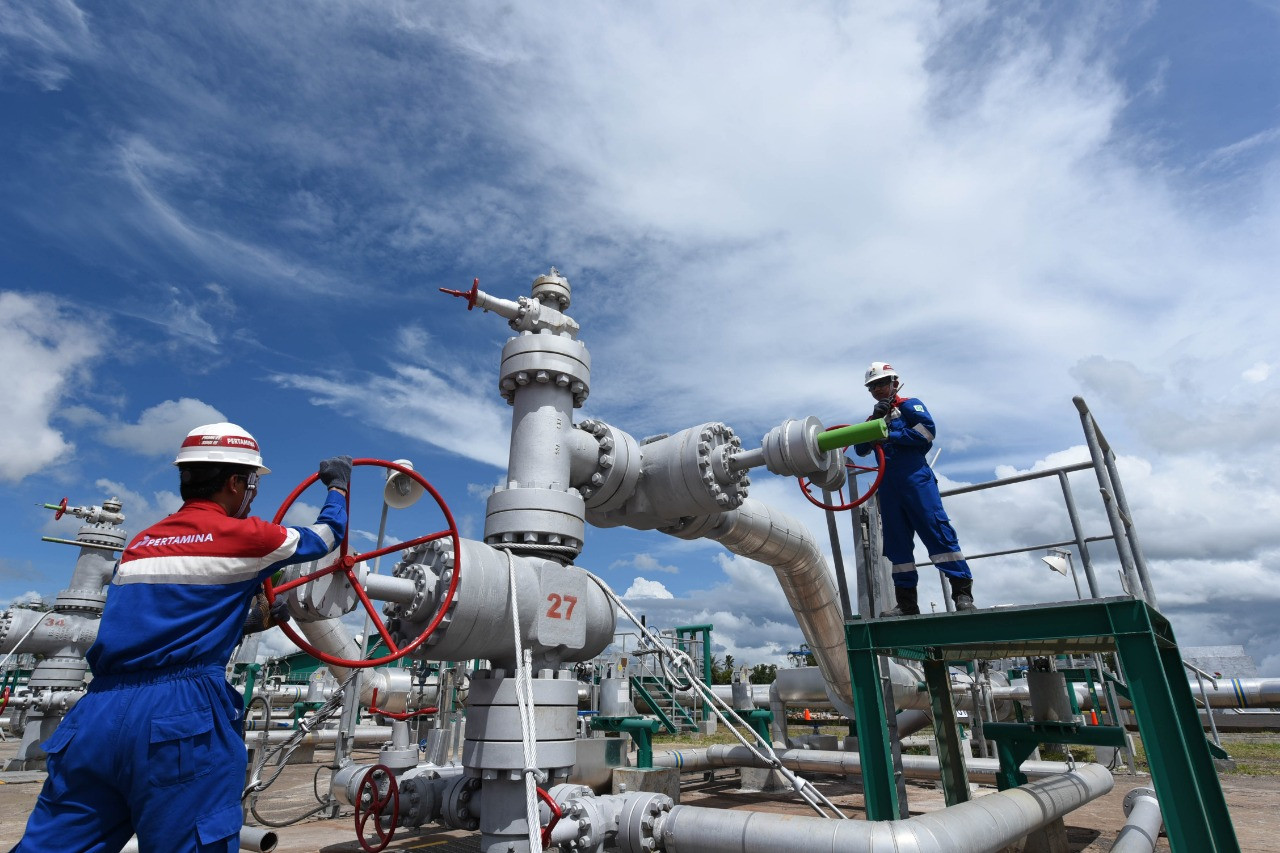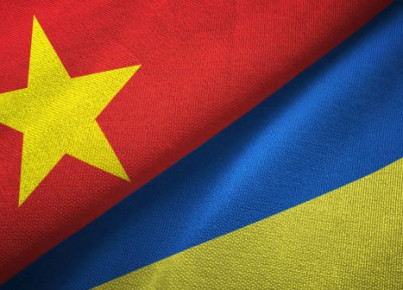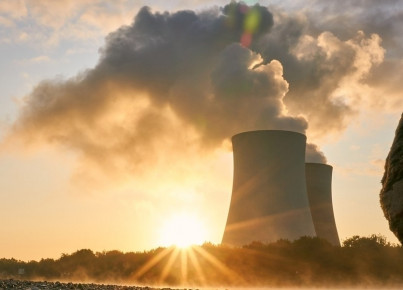The effects of the Russian-Ukrainian war on the global fossil fuel market are also affecting Asian countries and pushing governments to change their long-term strategies.
The Russian-Ukrainian war has led to a serious increase in energy prices, in Asia as well as in the rest of the world. In the short term, this increase will weigh most heavily upon the weaker sections of the population - also affected by the war-induced increase in the prices of many food products. In the long run, however, it could also represent an opportunity. Governments and companies may decide to reduce their dependence on fossil fuels, whose prices have soared, and rely more on renewable energy sources. Can we take comfort in thinking the glass is half full? Not really. The ability to turn the energy crisis into an opportunity varies greatly depending on where in the world you are and how far-sighted public decision-makers will be in dealing with the immediate effects of the crisis. Examining the impact that the war is having on Asia's energy market today can be useful in predicting what far-reaching consequences we will have tomorrow. Advanced and developing economies, well-equipped and less prepared governments, international security tensions and the tangible effects of the climate crisis. The continent has all the relevant elements to be an excellent case study of the immediate and upcoming effects of conflict.
The Russian-Ukrainian war will have three immediate effects on Asian economies. First, global energy prices will remain high and volatile throughout 2022, leading to a generalised increase in inflation; second, efforts to finally overcome the Covid crisis, whose economic effects are still intense in some countries of the region, will have to be reviewed and increased; finally, governments will change their energy strategies, probably increasing the share of energy produced through coal and liquefied natural gas (LNG), so as to reduce the use of oil and gas transported by pipeline - the two fossil fuels most affected by the reduction of Russian exports caused by the war and sanctions.
In ASEAN, each country is experiencing the effects of the crisis differently. Oil and gas producing countries such as Indonesia, Malaysia and Vietnam will be able to use their new revenues to finance measures to support the people most affected by inflation. There are also some pre-existing differences in the mix of fossil sources consumed: some countries were already consuming a relatively little amount of oil and energy (Indonesia, Malaysia, Philippines), while others are more exposed (Singapore, Thailand). Another element to consider is the weight of exports on the national economy: some countries also have to worry about inflation in their trading partners. EU consumers, who are particularly affected by the economic effects of the war, may buy fewer Asian products. In particular, the Philippines and Vietnam appear to be in difficulty. Manila is struggling with soaring inflation, a worsening trade deficit, the devaluation of the peso and a still high number of Covid cases. Hanoi, on the other hand, has always suffered from a certain vulnerability to external economic shocks and these last few years of global crisis represent a perfect storm for its export-oriented economy.
Yet, we should keep in mind that energy is not only a production factor but also a strategic asset. The concept of energy security frequently appears in the speeches of world leaders, and the Russian-Ukrainian war has made the issue even more urgent. The conflict is also complicating the relations between the United States and the Asian powers, China and India in particular, on the issue of reliance on Russia's natural resources. Moscow is trying to break its isolation by diverting its fossil fuels from Europe to New Delhi and Beijing. India imports 80% of the oil it consumes, 3% of which comes from Russia, and seems intent on increasing this percentage in the short term. Modi's government seems indifferent to Moscow's choices or US pressure and wants to continue to cooperate with Russia. China also keeps an ambiguous stance toward Russia and is not eager to question the agreement made before the outbreak of the war to increase gas supplies. However, China does not seem to have much choice: even before the war, Beijing wanted to reduce its dependence on coal and LNG, whose market is dominated by the United States and Australia. The energy crisis also raises the stakes in the dispute over the South China Sea: its seabed is rich in fossil resources and a large number of LNG and oil cargo ships pass through its waters.
The energy crisis is, however, particularly relevant in terms of climate change. If economies relied more on renewables rather than fossil fuels, they would be less exposed to rising prices for the latter - prices that have once again proved extremely volatile. The war has been a wake-up call for the world's politicians and should prompt them to reset their environmental policies in favour of sustainability: perhaps renewables are not less reliable or more expensive than fossil fuels, as it is sometimes argued. But they could also choose to go in the opposite direction. For instance, there are some worrying developments in India. The country is on track to meet its emission reduction targets under the Paris Agreement - the only major economy in the world to do so - but it is now devoting significant resources to buying oil directly from Russia and distributing it at a subsidised price to mitigate the effects of the energy crisis. Increasing the use of LNG may also prove unsustainable in the long term, both economically and environmentally. Its price has sharply risen and its eventual inclusion among green energy sources generates controversy.
Energy security or combating climate change? Short- or long-term remedies? The Russian-Ukrainian war has presented Asia with an energy dilemma that is not easy to solve. In any case, the crisis will hit economies hard all over the world, and political leaders will have to find ways of protecting the weak without losing the increasingly complex environmental challenge while navigating a turbulent international scenario.






